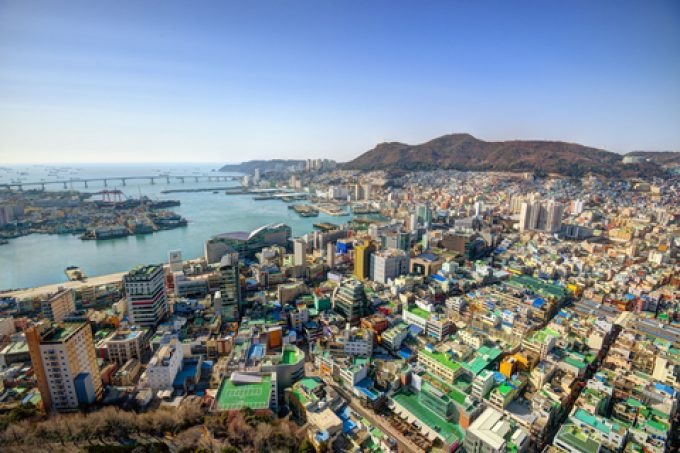South Korean low-cost carriers target growing air e-commerce traffic
South Korean low-cost carriers are moving into the air freight business as e-commerce traffic boosts ...

Access to South Korea’s two busiest container ports, Busan and Gwangyang, has been blocked, causing box traffic to fall to 40% of normal levels.
The blockades are due to 25,000 truckers, members of the Cargo Truckers Solidarity Union, going on strike again today, demanding a minimum wage system to manage the relentless increase in fuel prices.
The Ministry of Land, Infrastructure and Transport (MoLIT) said container movement at major ports today totalled just 14,695 teu, compared with the usual 36,655 teu.
In Pohang, ...
Volcanic disruption at Anchorage could hit transpacific airfreight operations
Macron calls for ‘suspension’ – CMA CGM's $20bn US investment in doubt
De minimis exemption on shipments from China to the US will end in May
Forwarders stay cool as US 'liberation day' tariffs threaten 'global trade war'
Mixed response in US to 'Liberation Day', while China leads wave of retaliation
Tariffs and de minimis set air freight rates on a volatile course
Transpacific contract rates rise on Trump’s fickle policies
Trump tariffs see hundreds of cancelled container bookings a day from Asia

Comment on this article